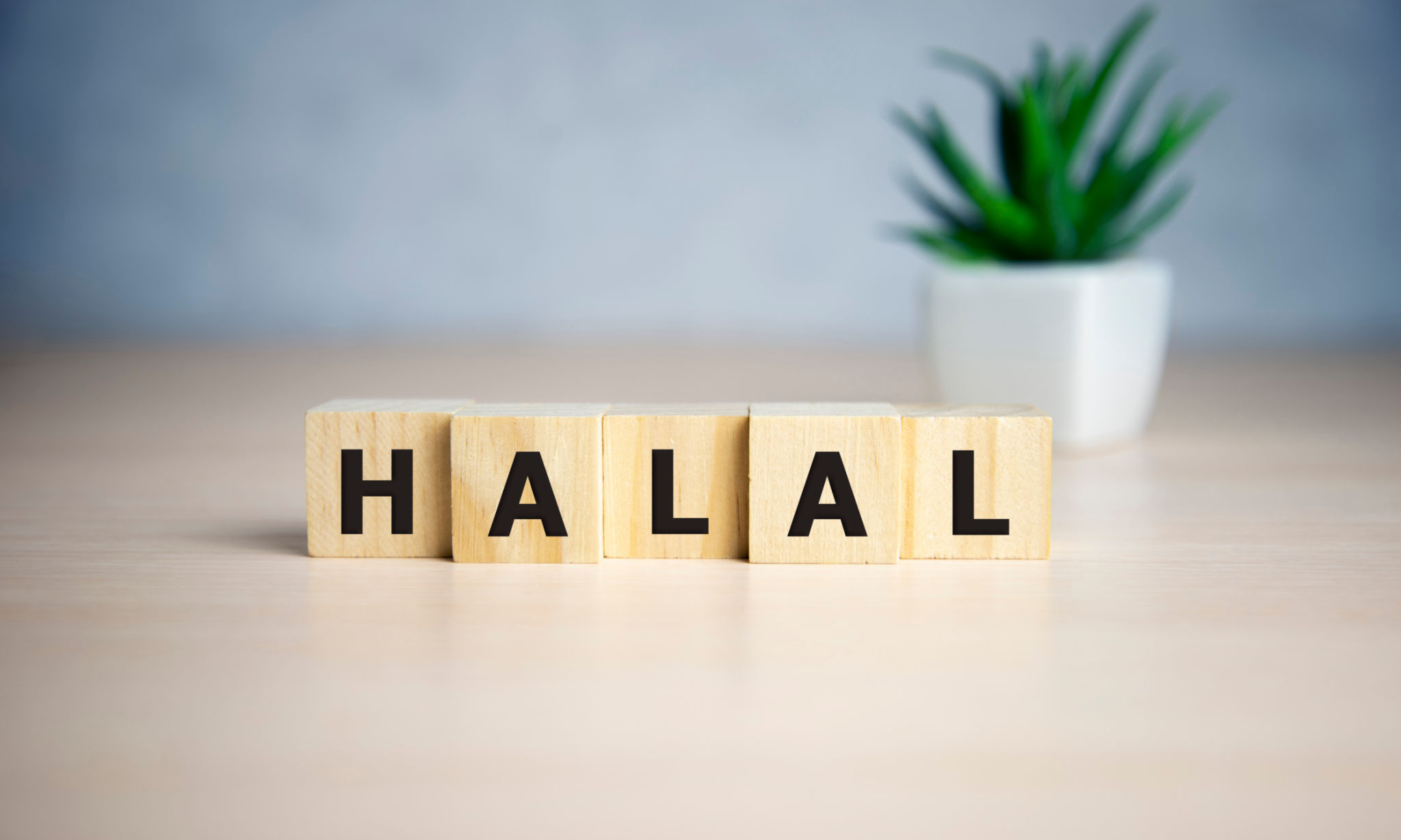Understanding Halal Meat: From Butcher Shop to Table
What is Halal Meat?
Halal meat refers to meat that is permissible for consumption according to Islamic law. The term "halal" means "lawful" or "permissible" in Arabic. It encompasses not only the type of meat but also the way the animal is raised, slaughtered, and processed. Understanding these aspects is crucial for those who wish to consume halal meat in adherence to their faith.

The Slaughtering Process
One of the key components of halal meat is the slaughtering process, known as "zabihah." This process requires that the animal be healthy at the time of slaughter and that it is killed in the name of Allah. A swift, deep incision is made across the throat, cutting the jugular vein, carotid artery, and windpipe. This method is believed to be the most humane, as it allows for a quick death and minimizes the animal's suffering.
Animal Welfare and Ethical Considerations
Animal welfare plays a significant role in the halal certification process. Animals must be treated with kindness and respect throughout their lives. This means providing appropriate living conditions, sufficient space, and a diet free from any non-halal substances. The humane treatment of animals is a fundamental principle in Islamic dietary laws, reflecting a deep respect for life.

From Farm to Butcher Shop
The journey of halal meat from the farm to the butcher shop involves several steps that ensure compliance with halal standards. Farmers and producers must adhere to specific guidelines that cover every aspect of animal husbandry, including feeding practices and transportation methods. Once at the slaughterhouse, animals are processed in accordance with halal principles before being distributed to butcher shops and markets.
Ensuring Halal Certification
Halal certification is an essential part of ensuring that meat products meet Islamic dietary laws. Certification bodies inspect and verify that all stages of production adhere to halal principles. Many countries have their own certification authorities, each with stringent requirements that producers must meet. Consumers can look for certification labels on products to ensure they are purchasing authentic halal meat.

Bringing Halal Meat to Your Table
Once halal meat reaches your home, it's important to continue observing halal practices during preparation and cooking. This includes using utensils and cookware that have not been contaminated with non-halal substances. Additionally, sharing a meal of halal meat with family and friends can be a meaningful way to celebrate faith and community.
Health Benefits of Halal Meat
Halal meat is not only significant for religious reasons but also offers several health benefits. The strict guidelines ensure that animals are raised without harmful additives or growth hormones. Moreover, the zabihah method of slaughtering allows for thorough drainage of blood, potentially reducing bacterial contamination and resulting in cleaner, healthier meat.

Choosing Halal Meat at the Butcher Shop
When selecting halal meat at your local butcher shop, it's important to ask about the source and certification of the meat. Many butcher shops specialize in halal products and can provide information about where their meat comes from and how it was processed. Building a relationship with your butcher can also ensure you receive high-quality products that meet your dietary needs.
Understanding halal meat involves more than just choosing specific cuts; it encompasses a holistic approach to ethical consumption that respects both religious beliefs and animal welfare. By being informed and mindful, you can enjoy halal meat that aligns with your values and enhances your culinary experience.